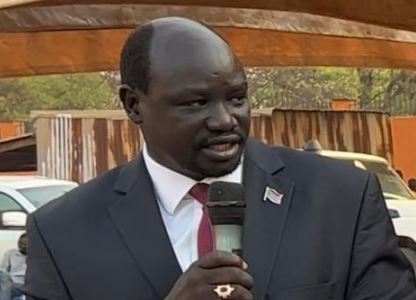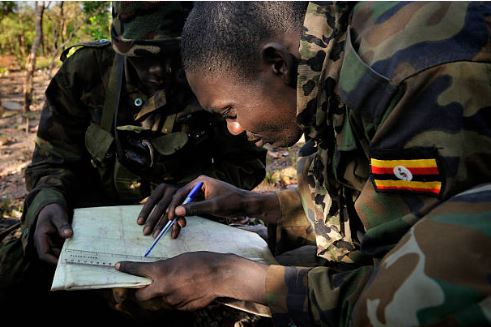A Member of Parliament has accused a section of security officials within President Salva Kiir’s office of compromising the country’s national security by allowing foreign military forces to operate unchecked within South Sudan.
During a tense parliamentary session on Monday, Bol Joseph Agau who represents Lakes State in the Transitional National Legislative Assembly (TNLA), denounced what he described as “cartels” within the presidential security apparatus for facilitating a dangerous escalation of foreign military presence.
Agau raised a point of information and stated that the Uganda People’s Defence Forces (UPDF) encroached into and have taken control of over 200 villages in Central Equatoria State’s Kajo Keji County and Magwi County in Eastern Equatoria State. He charged that these incursions not only displace local communities but also represent a severe violation of South Sudan’s territorial sovereignty.
“As we speak, over 200 areas are occupied by Ugandans. Magwi County is under the control of Uganda’s armed forces,” Agau unequivocally stated. “The UPDF is now operating in Raja County, Wau, and conniving with security apparatus which are cartels within the Office of the President.”
The legislator’s statement comes in the wake of reports from Pogee indicating that UPDF forces have increasingly occupied South Sudanese land in Magwi County, displacing residents and establishing multiple new settlements and barracks. This expansion reportedly includes over eight new military posts along the border. The UPDF is also accused of chasing South Sudanese from their villages in Kajo Keji County and resettling Ugandans there.

The lawmaker called for an urgent parliamentary review of the situation, demanding that relevant institutions be summoned to the House to explain their inaction.
“If the country is surrendered to the Ugandan government, let this parliament be dissolved so that we become citizens of the Republic of Uganda,” Agau declared, emphasizing the need for immediate action to address what he views as a critical issue of national security.
The South Sudanese government has yet to issue a formal response to these serious accusations, a silence that some analysts interpret as indicative of internal struggles.
Dr. Abraham Kuol Nyuon, a political scientist and Principal of the Graduate College at the University of Juba, suggested that the government’s inaction might be attributed to a combination of internal conflicts, ethnic tensions, and economic difficulties that have weakened the South Sudan People’s Defense Force (SSPDF).
The academic also speculated that South Sudan’s economic dependency on Uganda, a crucial trade route and economic partner, could be influencing the government’s reluctance to confront the encroachment more forcefully.
For his part, SSPDF spokesperson Maj Gen Lul Ruai Koang confirmed awareness of the encroachments, acknowledging that the issue is significant and requires a political and diplomatic solution.




